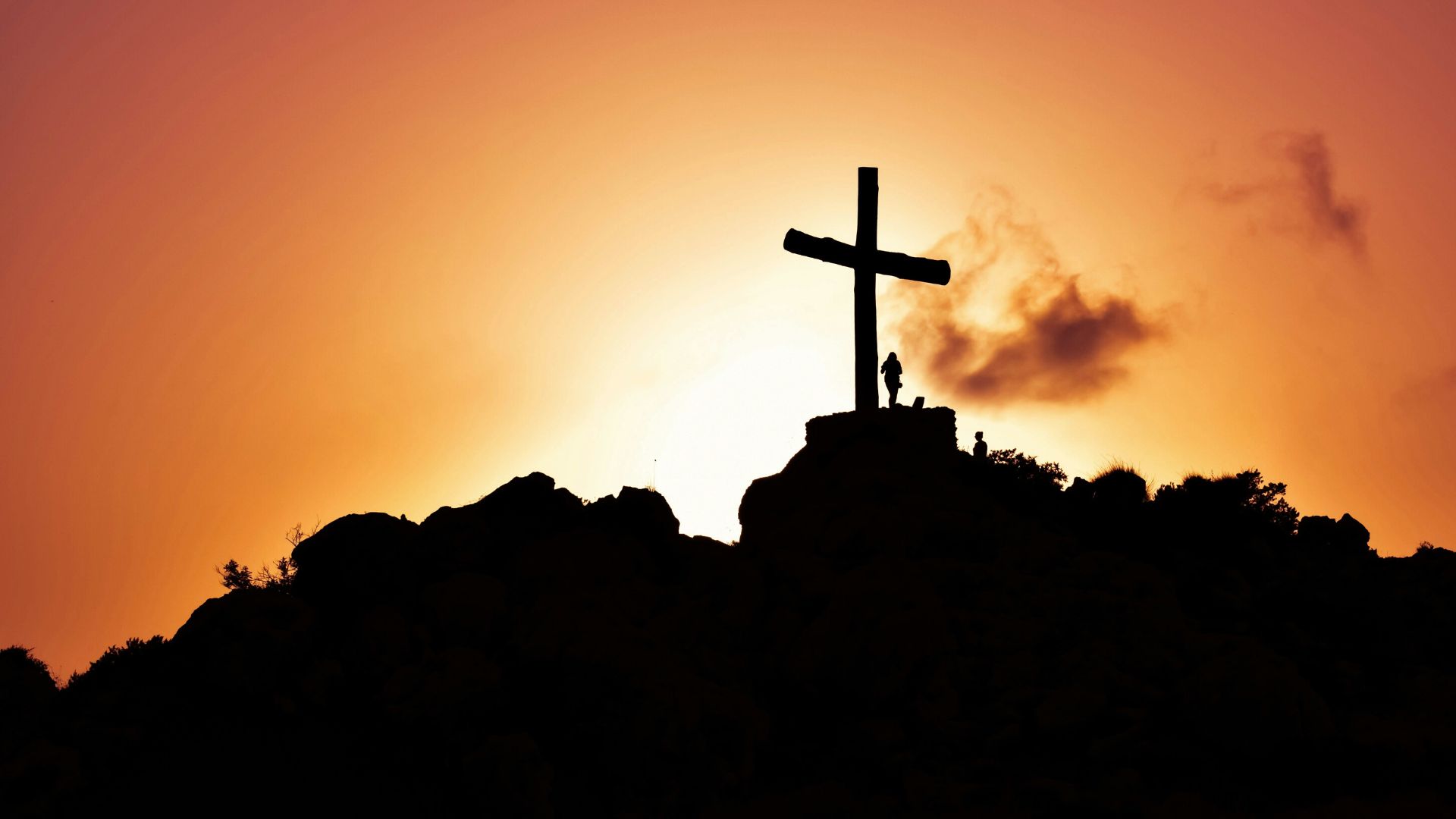“GSV WVHRIV ULI NLMVB, UZNV, ZMW KLDVI XLIIFKGH GSV SVZIGH LU NZM”
Over the past few weeks, I’ve found myself increasingly engrossed in a particular book series. It’s called “The Inheritance Games”, and it’s a trilogy written by Jennifer Lynn Barnes. The novel series follows the life of teenager Avery Kylie Grambs, which is turned upside down when she learns that she has apparently acquired the inheritance of a billionaire who goes by the name Tobias Hawthorne: all because her name was included in the will the man had written before his death.
Avery has no idea who this man is. As far as she knows, she has no ties with him. But all of a sudden, she is summoned to the Hawthorne mansion for the reading of the will and it quickly becomes clear that Tobias Hawthorne had basically disinherited his own family. Besides a few thousand dollars and the distribution of a part of the pricy artefacts that the man owned, the rest (this included the Hawthorne mansion and all Tobias Hawthorne’s private properties located all over the world) was awaiting for Avery to inherit. As long as she stayed in Hawthorne House for a year, she would become the richest teenager in America.
But Avery couldn’t marvel at the matter for long, because it soon became apparent that the Hawthorne family was not too happy with her presence. Especially since it wasn’t like Tobias Hawthorne had no heirs – he had two daughters and four grandsons to be exact.
As the story progresses, the four grandsons – the Hawthorne brothers – warm up to Avery and accept her as one of their own. Together, they uncover a trail of coded messages the man had left that leads to the truth as to why he had chosen Avery to be his successor. But after a murder attempt on Avery, they soon discover that there is someone who wants her gone – and the likelihood that it was a Hawthorne couldn’t be ignored. More investigating and deciphering codes led them to discover the instigator was none other than Skye Hawthorne, one of the man’s daughters. Driven by her greed and hatred, she plotted against Avery, thinking that by killing her, she would receive more of the inheritance.
Now, there is obviously more to tell about this series (we’ve technically only covered the first book!), but let’s pause here for a second. Here we see a representation of the result of human greed. And it’s not just Skye Hawthorne; There are many out there who fall into the hands of money, power and fame, in search of satisfaction – but to no avail.
That is why today we will be exploring the truth behind the value of worldly treasures while also discovering the invaluable inheritance we acquire as God’s children; and throughout this article, you will get to decipher your own codes as well! At the bottom you will find the Atbash decoding key that will help you solve each message. Happy solving!
“OVG FH ZHP LFIHVOEVH, RH RG ZOO DLIGS RG?”
Although what Skye did was a bit extreme, we can’t deny the fact that our human nature has an obvious defect, and that is the tendency to want more. We call this greed.
It’s important to note that Skye, whether she received the inheritance or not, would still be able to live a far more comfortable life than many others. The problem was, she never felt like she had enough. We can see this in our everyday lives: the endless cycle of gaining, experiencing temporary pleasure, then feeling empty again.
So, where are we going wrong? There’s got to be something we missed. We need to review all the clues we have so far…
Then it clicks.
If it’s not because we don’t have enough, then could it be that we are chasing the wrong inheritance?
“GSRMTH LU GSRH DLIOW… GSVB HRNKOB XVZHV GL VCRHG LEVI GRNV”
There’s a reason why it always seems ideal to have more money, fame and power; because it simply doesn’t last. What the world offers are nothing but futile matters disguised as treasures pleasing to the eyes.
Ecclesiastes reveals that we could reach the highest success, work our very hardest or possess the most worldly wisdom, but as life goes on and we look back at what we’ve achieved in the past, nothing will ever seem to “complete” us.
We read in Ecclesiastes 2:11,
“Then I considered all that my hands had done and the toil I had expanded in doing it, and behold, all was vanity and a striving after wind, and there was nothing to be gained under the sun.”
Skye’s murder attempt on Avery was all in vain; not only because it failed in the end, but I can guarantee you that even if she was the one to inherit Tobias Hawthorne’s legacy, she would still be hungry for more. After all, she was chasing after the wrong inheritance.
“HZOEZGRLM RH GSV TIVZGVHG RMSVIRGZMXV VEVI PMLDM GL NZM”
In the beginning of “The Inheritance Games”, Avery lived a less comfortable life, one that rendered her to live in her own car at times. But overnight, she was announced as Tobias Hawthorne’s heir. She became the literal definition of “rags to riches”.
But of what worth is it to earn billions of dollars, when it will cease to exist over time?
Jesus constantly repeated to His disciples to not focus on the present, but to set their gaze on what is eternal: “Do not lay up for yourselves treasures on earth, where moth and rust destroy and where thieves break in and steal, but lay up for yourselves treasures in heaven, where neither moth nor rust destroys and where thieves do not break in and steal.” (Matthew 6:19 – 20)
What we ought to be looking for are: “the things that are unseen. For the things that are seen are transient, but the things that are unseen are eternal.” (2 Corinthians 4:18).
Avery may be a billionaire, but mere dollars cannot compare to the inheritance that our Heavenly Father so graciously bestowed upon us: and that is the gift of salvation.
This is our own story of “rags to riches”: God’s people who were once in rags, dwelling in sin, are now clothed in Christ’s robes of righteousness.
“GSVIV DZH Z HZXIRURXV, RM LIWVI GSZG DV NZB YVXLNV SVRIH”
What sets our inheritance apart from Avery’s is that ours came with a price.
And that makes it all the more valuable.
We needed saving; From our sins, from all evil, but most of all, from God’s wrath. Christ took all this upon Himself in obedience to the Father and bore all the sins of the chosen people. And blood was shed.
In the history of man, there has never been such a thing as this: where God was willing to sacrifice His one-and-only Son, so that we may become heirs.
We’re promised that this inheritance can never be taken away from us and that nothing can snatch us away from our Saviour. Not even a will can alter what Christ did for us on the cross. John 6:37 states, “All that the Father gives me will come to me, and whoever comes to me I will never cast out.”
Furthermore, we read again in John 10:28 that Christ gives us eternal life, so that we will never perish and no one will be able to snatch us away from His hands.
We are also guaranteed a heavenly inheritance, one that is “imperishable, undefiled, and unfading, kept in heaven for [us], who by God’s power are being guarded through faith for a salvation ready to be revealed in the last time.”
Now that we know there is something far more valuable to be chasing, should we just safe-pocket this information and go back to the way we lived?
No, of course not! But it won’t be easy.
Temptations will come in all shapes and forms, and because of our human nature, it’s sometimes hard to pinpoint what is worthwhile and what is not. May we all keep Psalms 119:37 in our hearts as a prayer to seek after the eternal inheritance:
“Turn my eyes from looking at worthless things; and give me life in your ways.”
Because at the end of the day, my fellow Gen-Z’s, although we may not have received billions of dollars like Avery did, we have acquired something far more precious.
Atbash Decoding Key:
| A = Z | E = V | I = R | M = N | Q = J | U = F | Y = B |
| B = Y | F = U | J = Q | N = M | R = I | V = E | Z = A |
| C = X | G = T | K = P | O = L | S = H | W = D | |
| D = W | H = S | L = O | P = K | T = G | X = C |
P.S. How did you go? Did you get to decipher each message? Here are the answers!
- “THE DESIRE FOR MONEY, FAME, AND POWER CORRUPTS THE HEARTS OF MAN”
- “LET US ASK OURSELVES, IS IT ALL WORTH IT?”
- “THINGS OF THIS WORLD… THEY SIMPLY CEASE TO EXIST OVER TIME”
- “SALVATION IS THE GREATEST INHERITANCE EVER KNOWN TO MAN”
- “THERE WAS A SACRIFICE, IN ORDER THAT WE MAY BECOME HEIRS”

Samantha Winata (15) is one of the many teens that write in RE Generation-Z. She strives to share the light of the truth through her articles and bring more teens to Christ. If she isn’t reading or playing piano, you’ll find her filling the pages in her books with drawings.







